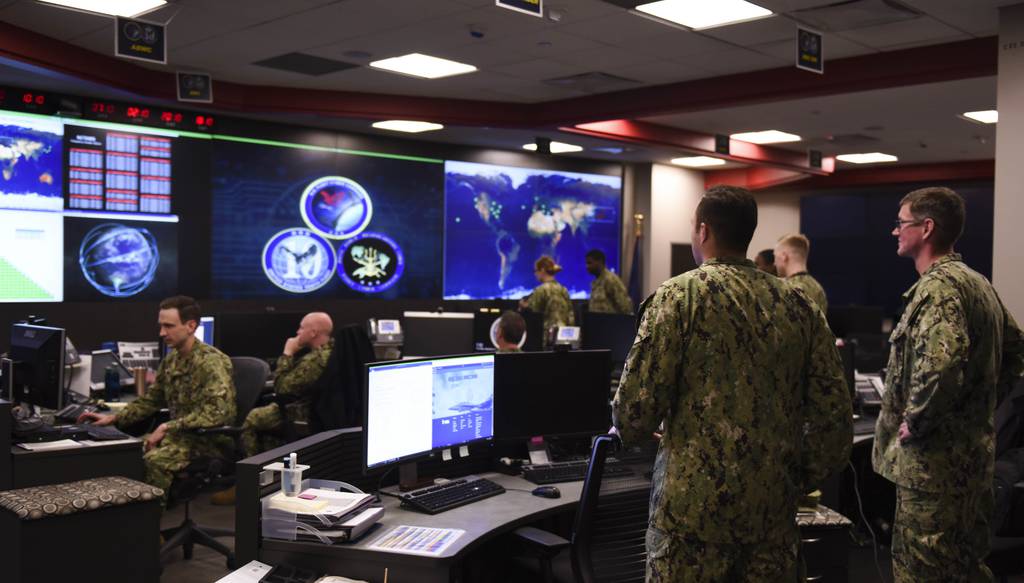
The US Department of Defense has ordered “a sweeping audit of how it conducts clandestine information warfare,” the Washington Post reports. The apparent reason for the review is an August disclosure, by Graphika and the Stanford Internet Observatory, that Twitter and Facebook, of social media accounts opened under fake identities and used to feed disinformation to “audiences overseas.”
By Thomas Knapp
That’s all well and good, but while they’re at it I wish the Pentagon would also review – and cease – its information warfare campaigns against the American public.
Among supposed American constitutional values are separation of the military from politics, and its subservience to civilian government. While those values have always proven more noticeable in the breach than in the observance in wartime, the post-World-War-Two national security state has turned that breach into a well-funded, 24/7/365, campaign of political influence.
Senior military officials routinely attempt to affect policy (and politicians, and voter sentiment) with public statements designating the next Enemy of the Week and begging for more money and more operational authority to fight the wars it chooses rather than the wars Congress declares (the last time Congress was willing to take that kind of responsibility was in 1942, when it added Bulgaria, Hungary, and Romania to its list of World War Two opponents).
The Department of Defense maintains an “Entertainment Media Office” to support filmmakers with military resources. Needless to say, only productions which glorify the US armed forces need apply. The most recent prominent example (involving no fewer than two US Navy aircraft carriers, multiple aircraft and military pilots, etc.) is mega-hit Top Gun: Maverick.
In 2015, the public learned that the National Football League’s apparently heartfelt love of military pageantry – color guards, tributes to veterans, even aircraft flyovers and parachute jumps – was actually just a bought and paid for (with millions of taxpayer dollars) DOD marketing scheme.
And yes, they’re constantly coming for our children. I was recruited into the US Marine Corps in high school myself in the 1980s, but even I was surprised at the sheer volume of mail my own kids received from armed forces recruiters from about the time they hit the age of 16 a few years ago. They’re all over the public schools, not just to fill their recruitment quotas but to make positive impressions on future voters.
The up side for them is obvious: Spending millions of taxpayer dollars on psy-ops directed at Americans gets them hundreds of billions to spend on other things.
The down side for us is equally obvious: Instead of armed forces doing as the civilian government directs, we have armed forces using taxpayer money to influence how the civilian government directs them. That’s a non-trivial factor behind three decades of constant war.
Thomas L. Knapp is director and senior news analyst at the William Lloyd Garrison Center for Libertarian Advocacy Journalism. He lives and works in north central Florida. This article is reprinted with permission from William Lloyd Garrison Center for Libertarian Advocacy Journalism.
Source: Antiwar.com






Check out the connection: https://theliberum.com/top-gun-maverick-2022-a-call-to-arms-or-sober-reminder-of-days-past-and-gone-who-cares-when-youre-having-this-much-fun/